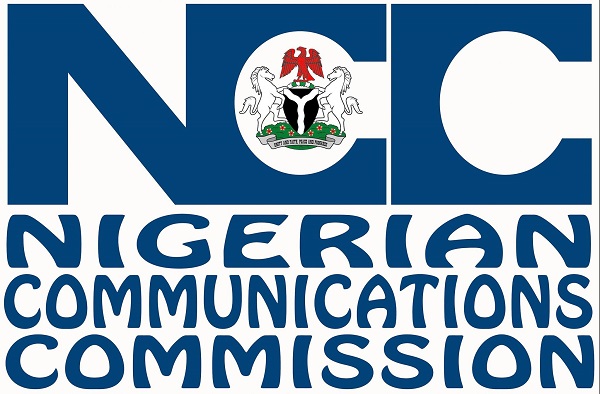
The International Telecommunication Union (ITU) has ranked Nigeria high, at 71 per cent, in terms of its legal, policy and governance frameworks towards achieving a G5 advanced state of readiness for digital transformation.
This places Nigeria alongside global leaders such as Germany, Finland and Singapore.
This report, a collaborative effort by the ITU, the United Kingdom’s Foreign, Commonwealth & Development Office (FCDO) and the Nigerian Communications Commission (NCC), was unveiled by Nigeria’s Minister of Communications, Innovation and Digital Economy, Dr. Bosun Tijani in Abuja.
The ranking situates Nigeria among Africa’s top seven countries in the BEMECS 5G Readiness Index, indicating the country’s preparedness to deploy and adopt mass-market 5G networks.
Titled “Collaborative Regulation: Accelerating Nigeria’s Digital Transformation,” the report was presented by ITU’s Kagwira Nkonge at the Digital Economy Complex, Mbora, Abuja. The report serves as a case study for collaborative regulation review, aimed at assessing and supporting Nigeria’s transition towards collaborative digital governance, evidence-based policy-making and agile regulation in the digital economy.
The presentation was attended by key industry stakeholders, including service providers, government agencies, representatives of multilateral institutions, the West Africa Telecommunications Regulators Assembly (WATRA), and the Africa Telecommunications Union (ATU). The report is designed to complement existing cross-country benchmarks by assessing features of countries’ policy and regulatory environments according to the pillars of the Generations of Regulation frameworks. These frameworks track telecom regulatory maturity towards digital transformation readiness, with Nigeria currently positioned at G4, just a step away from the G5 Advanced State of Readiness.
Nigeria’s advanced state of readiness is benchmarked against four critical levels of accomplishments: national collaborative governance, policy design principles, digital development toolbox, and digital economic policy agenda. Nigeria scored 91 per cent in regulatory capacity, 82 per cent in market rules, 81% in collaborative governance, 76 per cent in legal instruments for ICT/telecom markets, and 69 per cent in national digital agenda policy, among other benchmarks.
In his remarks, the minister commended the ITU and partner agencies for the report, expressing the Federal Government’s commitment to using it as a navigational aid to achieve regulatory objectives and policies aimed at fostering a robust digital economy. “Our goal is to ensure we have cutting-edge modern regulations that facilitate proper business conduct in our sector and enhance local content,” he said.
Tijani noted the NCC’s adaptability over the years in response to its evolving role and mandate. “Fifteen, 20 years ago, NCC was just regulating the telecommunications sector. Today, NCC regulates the foundation for which any economy would be prosperous,” he explained.
Executive vice chairman of the NCC, Dr. Aminu Maida who hosted the presentation, welcomed the indicators that promote effective regulation, attract greater investment and develop innovative models for broader digital inclusion. He emphasised that collaborative regulation would support Nigeria’s transition towards effective digital governance, evidence-based policy-making and agile regulation in the digital economy.
The commission’s director of public affairs, Reuben Muoka highlighted the significance of the ITU report, noting that it underscores Nigeria’s progress and commitment to digital transformation. The report is accessible through the ITU’s official website.
The high ranking by the ITU reflects Nigeria’s significant strides in digital transformation readiness, showcasing its potential to become a leading player in the global digital economy. The collaborative efforts of the government, regulatory bodies and international partners are pivotal in driving this progress, ensuring that Nigeria continues to move towards a fully digitalised future.


